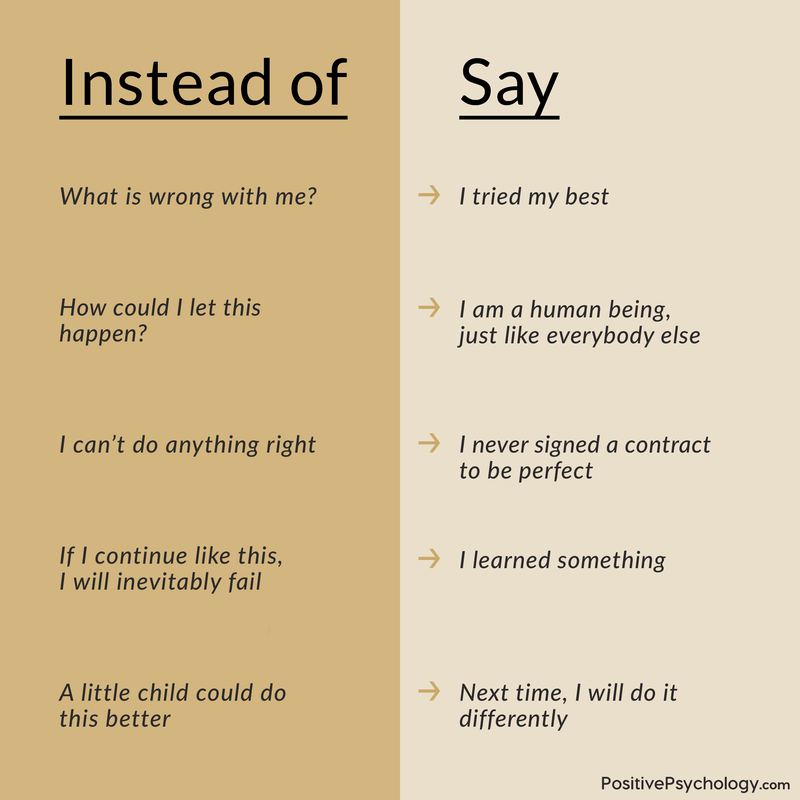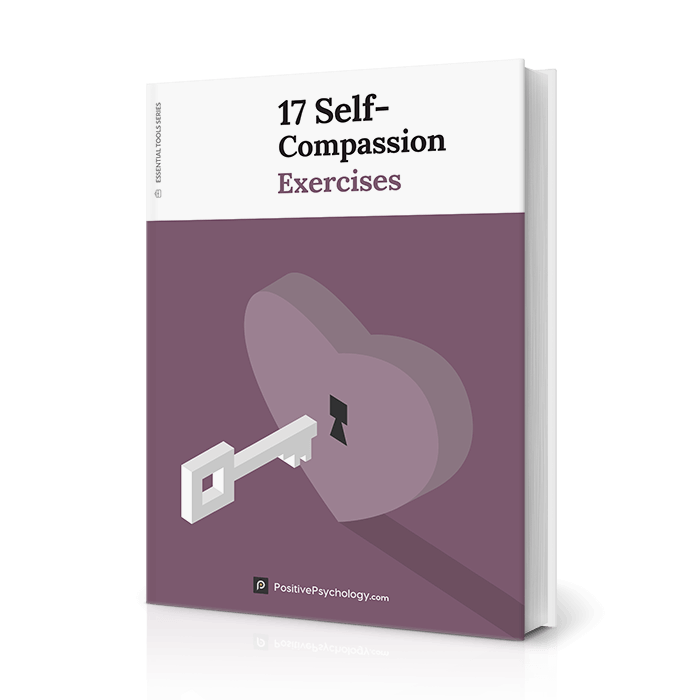How to Love and Accept Yourself
This is one of the most difficult questions to answer: How do I love myself?
For some, it seems so easy! There are many people who will readily acknowledge their love for themselves, without shame or reticence.
Others may struggle with the idea of loving themselves, either because they don’t even like themselves or because the concept of loving oneself seems on par with narcissism (spoiler alert: It’s not!).
However difficult you find it to love and accept yourself, there are steps you can take to enhance your compassion, acceptance, and love for yourself.
In his book, Deeper Dating, Page (2015) notes that loving ourselves is inherently dependent on those around us. We may not struggle to appreciate our easy-to-love side, positive traits, and good characteristics, but we all likely struggle to love our flaws and weaknesses. This is where the care and compassion of others can open us up to the possibility of loving even the most unlovable aspects of ourselves.
However, this involves making ourselves vulnerable. The risk to our egos can potentially result in great intimacy with loved ones and, as an indirect result, authentic love for our authentic selves.
If you’re looking to enhance your self-love, Page (2015) suggests beginning by learning more about our “true” and “false” selves. Answering these two questions can help with this:
- What parts of your authentic self did you have to hide or camouflage in your childhood?
- In your current relationships, where are you confined to too small a space? What parts of yourself are you not expressing?
Relevant: The Self-Compassion Scale and Test (Incl. PDF)
If you noticed that the things you are most passionate about or most gifted in are the same things you suppress, don’t be surprised. Page (2015) states that this is a common phenomenon. To unlock your full potential and embrace your passions and gifts, you must open yourself up to others.
Think about which of your friends, family members, or other loved ones are most supportive of you and your passions or gifts. Which of them are encouraging and generous? Which of them are not intimidated by your talents or envious of your abilities? Identify these supportive people, and cherish your relationships with them. Lean on these positive presences in your life, and give back to them when you can (Page, 2015).
Opening yourself up to such relationships will bolster your ability to open yourself up to your own love and compassion, leading to a healthier, happier, and more compassionate you!
If you are struggling in your relationships with others or simply want to focus on yourself instead of your friends and family members at the moment, Paul (2014) has outlined some steps you can take to enhance your love for yourself.
Paul calls this process “inner bonding” and notes its powerful healing abilities. All you need to do is practice these six steps regularly to gradually enhance your ability to love yourself.
Step one – Be willing to feel pain and take responsibility for your feelings
First, understand that all of our feelings are messages to ourselves that contain vital information. This step is designed to help you open yourself up to what your feelings are trying to tell you.
This is an excellent place to practice mindful self-compassion since it will help you to get present in your body, open yourself up to your feelings, and meet them with compassion. This step is all about moving towards your feelings, even the difficult ones, rather than moving away from pain.
Accept that you are responsible for your feelings. You may not have complete control over them, but you get to choose how to respond to them. Avoid any form of self-abandonment, including staying too focused in your own head, judging yourself, turning to substances to tune out the problems, or blaming others for your feelings.
Step two – Move into the intent to learn
In this inner bonding process, there are only two intentions you can possibly have at any one time:
- To protect against pain and avoid responsibility for it, using harmful behaviors like addiction and attempts to control.
- To learn about what you’re doing or thinking that may be causing you pain so you can take loving action on your own behalf.
It can be tough to move out of intention #1, but moving to intention #2 is the only way for us to make progress and begin to love ourselves. We must consciously choose to learn about ourselves, and open ourselves up to our “higher self” rather than wallowing in our “lower self.”
Step three – Learn about your false beliefs
False beliefs – unfortunately, we all have them. In the process of learning to love ourselves, it is vital that we identify our false beliefs.
This involves a deep and compassionate process of exploration, probing your inner self about the beliefs and values at your core, and connecting your beliefs to a person or situation that is causing you pain.
You can conduct this exploration through asking your feeling self, or inner child, “What am I thinking or doing that’s causing the painful feelings of anxiety, depression, guilt, shame, jealousy, anger, loneliness, or emptiness?” Allow the answer to come from your inner, authentic self, directly from the source of your feelings.
When you have a handle on what you are thinking or doing that is causing these feelings, explore your wounded ego to identify the fears and false beliefs you have that have led you to the self-abandoning thoughts and actions. Identifying your false beliefs is a vital step towards challenging these beliefs, accepting yourself, and loving yourself.
Step four – Dialogue with your higher self
It might seem impossibly difficult to connect with your higher self, but Paul (2014) insists it is easier than you think. You must open yourself up to loving yourself before any answers will come, but they will come eventually.
It may take only minutes for you to make important connections and discover new understandings of yourself, or it may take days, weeks, or months. These insights may only come in images in your mind, or they may show up in your dreams.
However they show up, know that they will show up if your heart is open to them – it’s only a matter of time.
Step five – Take the loving action learned in step four
Next, take the insights you gained in step four and apply them to your life.
Did you notice that your stress or depression often arise because you don’t tend to your own needs? Make sure to tend to your own needs.
Did you discover that you often assign the worst possible opinions about yourself to others, even when they haven’t signaled any such opinions? Stop yourself when you head in this direction and remind yourself that you can’t know what others are thinking – assuming the worst is usually both wrong and unhelpful.
If you’re struggling with this step, remember that asking “What can I DO to love myself?” is a far better question than “How can I FEEL love for myself?” It’s much harder to conjure a desired feeling out of thin air than it is to take actions that will help you authentically experience the desired feeling.
Step six – Evaluate your action
Check in with yourself after step five. Did the loving action you took help you to shed some of your anger and shame? Did it soothe your pain and help you to be more compassionate towards yourself? If not, repeat these steps as needed until you have found the correct ingredients and steps that will lead you to peace, joy, and a sense of intrinsic self-worth.
This process will not only help you to love yourself, it will also affect every area of your life. When you show yourself love and compassion, your relationships, your work, and your health will all reflect this positive energy.
If this process calls to you and you’d like to learn more, Paul links to a free online Inner Bonding Course.


 Another three-part exercise can help you to figure out what you want and motivate yourself to achieve it in a healthy and effective way. This exercise also must be practiced regularly to experience the full benefits it can offer.
Another three-part exercise can help you to figure out what you want and motivate yourself to achieve it in a healthy and effective way. This exercise also must be practiced regularly to experience the full benefits it can offer. If you’re more of a “fill in the blanks” type of person, or prefer following along on a handout or worksheet, you may find this section helpful.
If you’re more of a “fill in the blanks” type of person, or prefer following along on a handout or worksheet, you may find this section helpful.

 Use patience to express your love to others. Instead of focusing on other things, getting sidetracked by perfectionism, or becoming impatient when your loved ones do not meet your expectations, practice patience.
Use patience to express your love to others. Instead of focusing on other things, getting sidetracked by perfectionism, or becoming impatient when your loved ones do not meet your expectations, practice patience.



What our readers think
I just paid $17 for nothing?
Hi Joyce,
If you are having trouble accessing a purchase, please drop an email to info@positivepsychology.com and a member of our team will be happy to assist. Additionally, please check your spam and promotions email folder for any messages or download links from us that may have gotten lost there.
– Nicole | Community Manager
One of the most important things i learned from a holistic life coach at Acupuncture is My Life that acceptance that every person is flawed and to overcome those flaws is the only way to succeed in life.